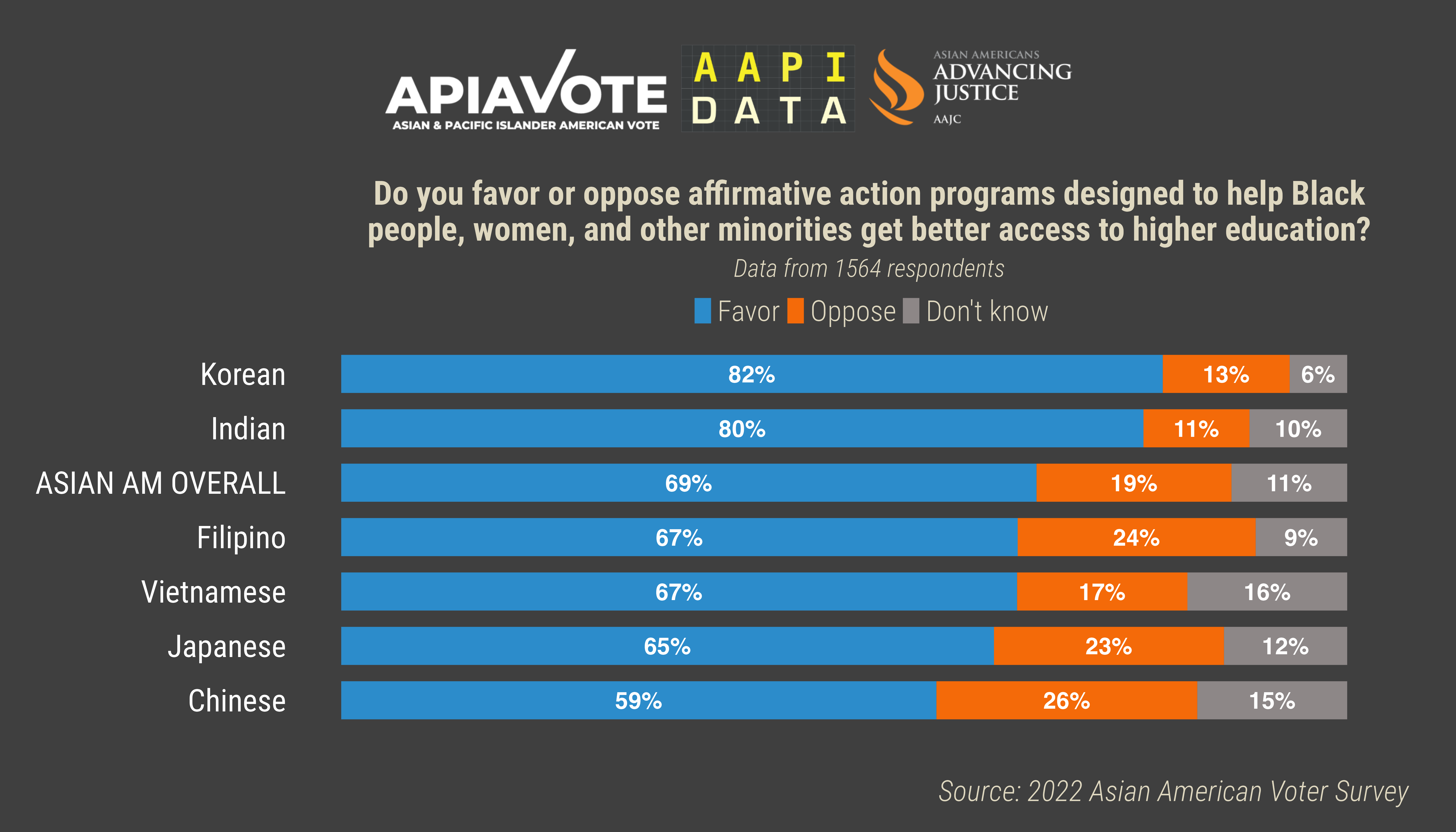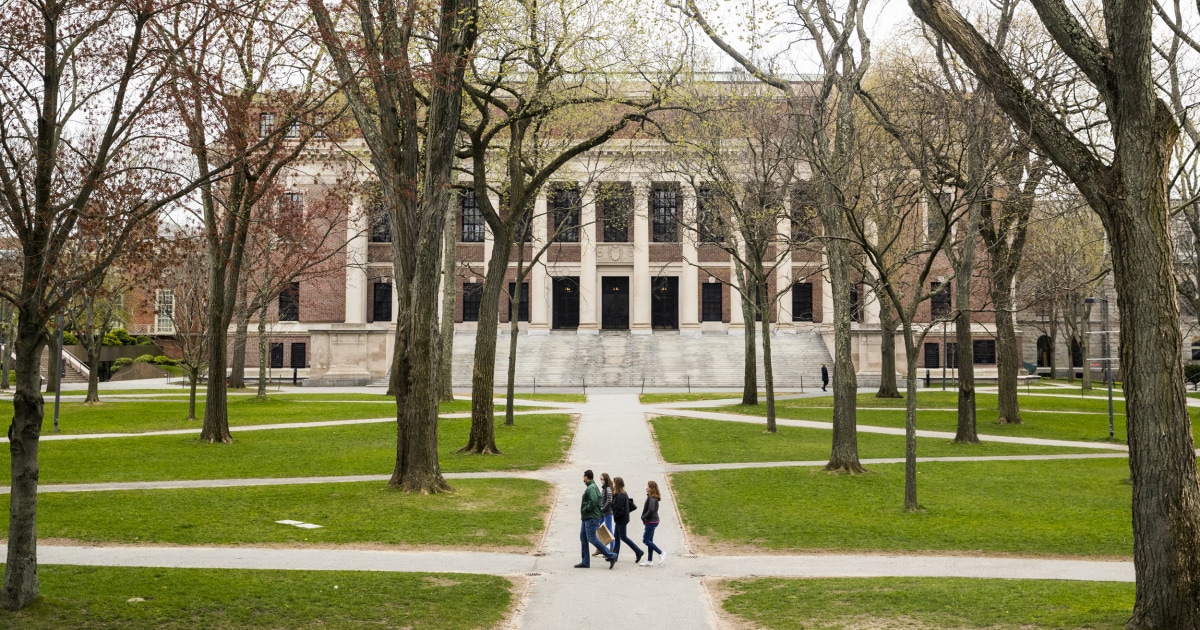- Joined
- Jan 22, 2022
- Messages
- 2,557
- Reaction score
- 3,054
- Points
- 267
- Attending Physician
Advertisement - Members don't see this ad
Changing the culture of medicine to be more tolerant of part-time and/or lower hour full-time work DOES hurt society.
The arguments for affirmative action I'm focused on are the measurable benefits that occur for addressing the racial/ethnic disparities in healthcare. That's the goal. It's a utilitarian argument I'm making by saying the pros of AA are "reductions in racial disparities in healthcare" and the cons are "impaired meritocratic ideal". Based on the research I've linked in other posts, I'm of the opinion that the pros outweigh the cons. There are absolutely other ways to help address the disparity, and the report I've linked to includes them; but in the grand scheme of things, affirmative action as it exists now has very small negative effects on the people it harms (white and asian applicants) as I've described elsewhere.
I don't dispute that the shifts toward part-time work among physicians hurts society. The questions then become: what are some options we have to address the problem, and what are their pros and cons?
So next, the onus is on you to suggest some potential options to address the problem of physicians who work part-time. We could then look at the pros and cons, and maybe come to some sort of agreement on what a sensible policy would be to address the issue.
You suggest that part of this problem is due to an increasing number of female physicians. Lets assume for the sake of argument that you're proposing some sort of affirmative action for male physician applicants (which it sounds like you think that's where my values lead?). We could ask ourselves what the pros and cons of such a system would be, and conceivably, I could be in favor of it if the studies suggest it results in better outcomes for society.
So hypothetically, if the cost to female applicants was a 1-2% decrease in female matriculation, but a corresponding increase in tens of thousands of physician hours worked over decades... that doesn't sound so terribly burdensome to female applicants and the resulting benefits enjoyed would be large. But of course we need additional evidence to back up these claims.







